In July 1994, Ramon Curry, an 18-year-old, was sentenced to 15 years in prison.
What started out as a night out with friends in Baytown, Texas, took a wrong turn. On their way to meet up with some girls, Curry and his friends noticed a car left running in the apartment complex. They decided to teach the owner a lesson and took it. As they fled, one of his friends fired a shot into the air. After a night out in downtown Houston, police officers stopped Curry as he headed for the parking lot. While he expected to be charged with unauthorized use of a motor vehicle, the presence of the gun elevated the charge from vehicle theft to robbery.
During Texas Prisons Community Advocate’s visit to St. Edward’s University, to show students the conditions of Texas state prisons, Curry was one of many to share his story about the conditions of his incarceration.
Curry described the tough conditions in Texas prisons, denouncing guard violence and the consistent indifference toward the inmates. He emphasized that the officers were trained to be indifferent to the most inhumane conditions that this “so-called civilized society subjects its citizens to.”
Curry also highlighted that they are still citizens of the U.S., and are still human beings. He recalled his time spent in “seg,” which is slang for solitary confinement.
“What people don’t understand is that at the time, I was in the Telford unit, which was one of the most violent prisons in Texas,” Curry said. “Some of the prison guards had a game, and they would jump on inmates. On May 16, 1998, I went to the cafeteria where we eat at, with four other brothers. This is Saturday, and as soon as we sat down, the officer told us: ‘Stand up, y’all, time’s up.’ I was like ‘Damn, man. You know, it’s hot. It’s summertime. It’s over 100 degrees outside. I didn’t even have time to drink anything cold.’ The officers told us to leave, so on my way out, I was like ‘Man, this is some bullshit.’ (Two officers) tried to jump me. I had to defend myself against them, and I ended up going to seg. They put me in seg for two years, 23 hours in a day, locked in a cell. They’re supposed to bring you out for one hour every day, but trust me, these officers don’t do what they’re supposed to do. For many days, I didn’t get a shower, I didn’t get to eat and I didn’t get to come out of the cell at all. The conditions are horrific.”
From his own experience, Curry highlights the societal impact of dehumanized prison conditions and argues for systemic changes in order to reduce recidivism and improve rehabilitation.
“What I think that the public should really be understanding is that 90% of the people that go to prison will come back to society,” Curry said. “But they have been conditioned to survive, not to have empathy, care or concern for anyone but themselves. You take a guy that’s been locked up for 10-15 years, treated less than a human in every regard, and you expect him to then turn around and treat other people with dignity and respect. That doesn’t add up. Until we understand that, until we create a system of true rehabilitation, then what’s coming out is a greater predator. Their manhood and their dignity has been ripped from (them), so now, they are just a shell of themselves. The prison conditions, the conditions of the prison affects the society.”
He advocates the need for genuine rehabilitation concerning inmates, notably suggesting paid work, financial responsibility and mental health support.
“They need to have a system of true rehabilitation,” Curry said. “What does it take to function in society? You have to respect others, work, pay your bills and be responsible. Pay prisoners to work, even if it’s just $1 an hour. If an inmate has a child, require him to send a portion of his check to the mother. That teaches him responsibility. That’s giving him pride, like, ‘Hey, I went to jail, but man, I was able to buy my child a pair of shoes.’ Even though he’s in prison, he’s still financially supporting his child. Then, require him to save 60% of his check in a bank account with direct deposit. Teach him how to manage his money. If I had done that the whole 15 years that I was locked up, I would have come home with a bank account and some money in it. I would have come home with enough discipline to save. I’d rather be an asset than come home and be a liability. This is real effective change. Let’s get them some insurance and then require them to have a mental health therapist, to start that healing process; I mean, let them talk about real issues. So this person is coming home with a bank account, insurance, savings, mental health support and let’s send him home with a job – now, that person has a better chance at being successful.”
For Curry, there is a real problem in this system — it is an intentional vicious cycle. He explains that once the individual is released, society will then be held accountable and that person will commit a crime against society.
“They know what it takes to rehabilitate an individual,” Curry said. “They know how to change behaviors. And they don’t do it. Why not? Because it’s not conducive to the bottom line, which is: money. Money is in the treatment, not in the cure. So therefore, we don’t spend money on real solutions. We spend money on Band-Aids.”
Curry explains the difficulties of adapting to life outside prison once released, particularly the significant gap between the 18-year-old he was when entering prison and the 34-year-old he became by the time he was discharged. He wasn’t given a chance when he was released – he was handed $50 and a warning to stay out of trouble.
“I’m 34 years old, right? But in my mind, I only have 18 years of experience, so there’s a big gap,” Curry said. “I got to the point where I realized that period in my life had come and gone, and I missed it, and I couldn’t get it back. So I need to enjoy the time and period of my life right now – this is what 35-year-old people do. This is what 40-year-old people do. This is what 45-year-old people do. Ain’t no sense of trying to be 19 when you’re not. I didn’t miss my 19, I was just in prison.”
Curry was raised in an environment shaped by his mother’s addiction and her involvement in selling drugs for a living.
“My older brother and I both went to prison,” Curry said. “My mother had him at 15, and she had me at 17. We are the children of a teen mother, high school dropout, drug addict, domestic violence survivor or whatnot. We were her support system, and when we went to jail, she no longer had that support system. Our absence impacted her significantly. She died before I came home. Yeah, my mother died before I came home. I’ve never been able to mourn or grieve my mother. But it’s just like everything else, you just missed it – you missed that moment in your life. You missed that moment in time. It ain’t gonna wait, and I missed it.”
Curry describes the years 1994 through 2010 being one of the most horrific periods of his life. However, he never gave up; he used his experiences to help others and make a positive impact. On top of being an occupational health and safety manager, he wrote a book titled “Chaos into Purpose” and founded a nonprofit organization called the Curry Institute, where he goes into schools to talk about how to create change. According to Curry, once you have a revolutionized system, you can implement change in anything.
Curry’s personal development and the challenges he faced in his journey from jail to readjusting to life after incarceration made him into who he is today.
“You want to know what the most difficult part is? To see the indifference, when someone looks at you and doesn’t even give a damn about you,” Curry said. “That’s something that most people in the world have never experienced. Somebody who just looks at you right in your face, sees that you are hurting and doesn’t care.”


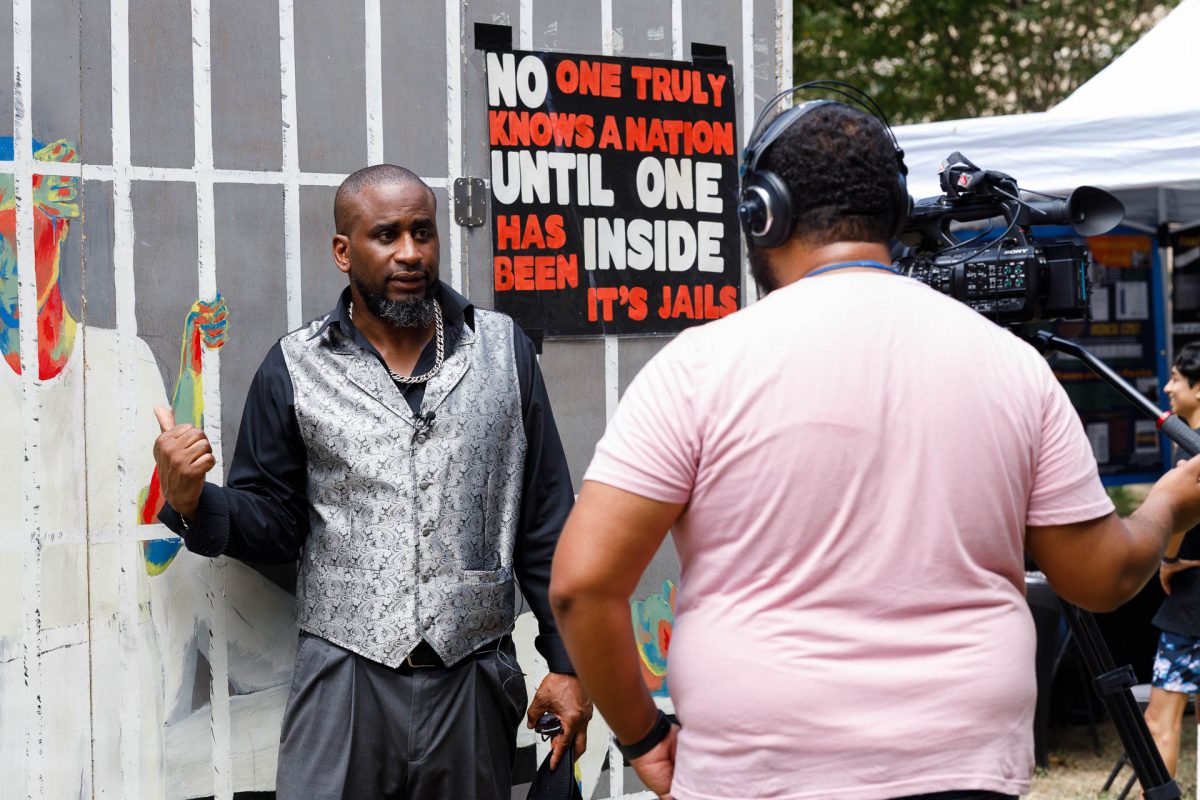
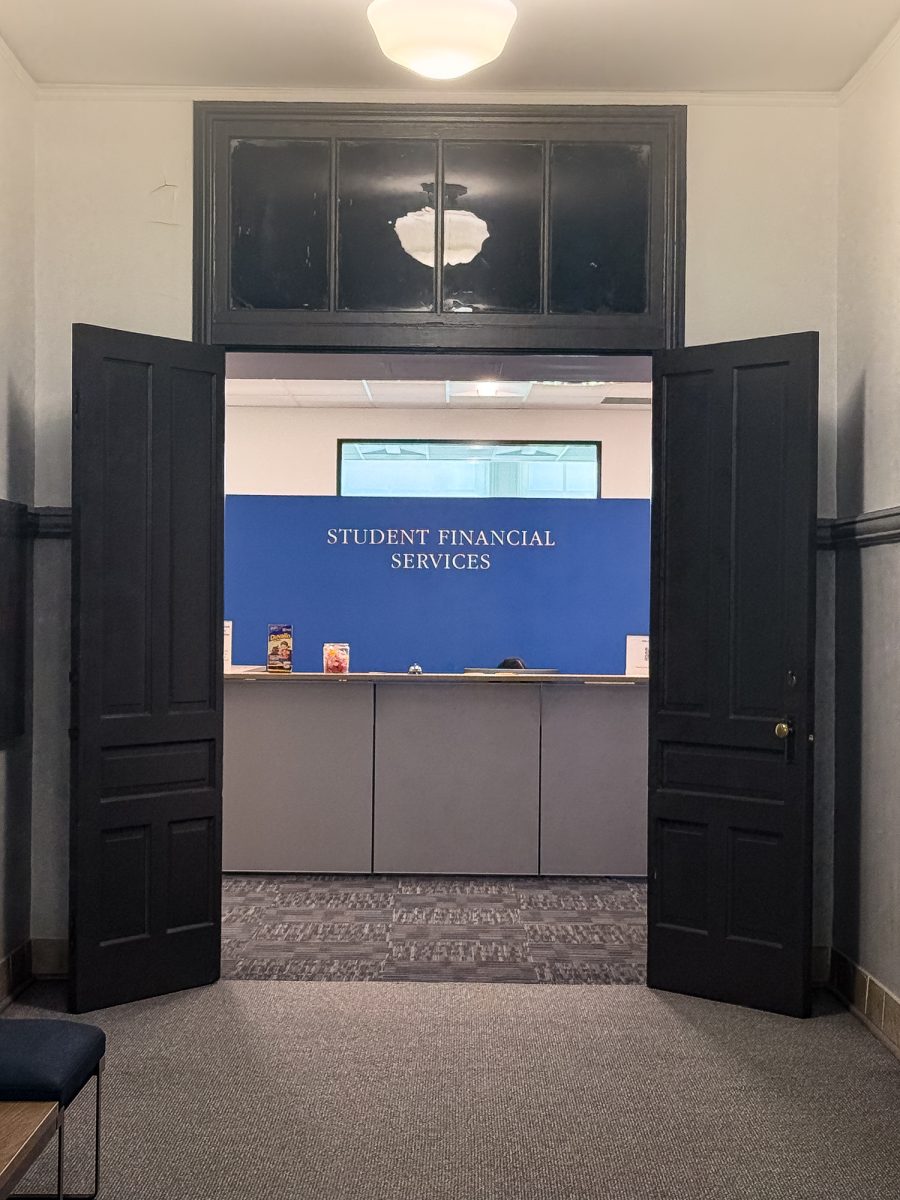
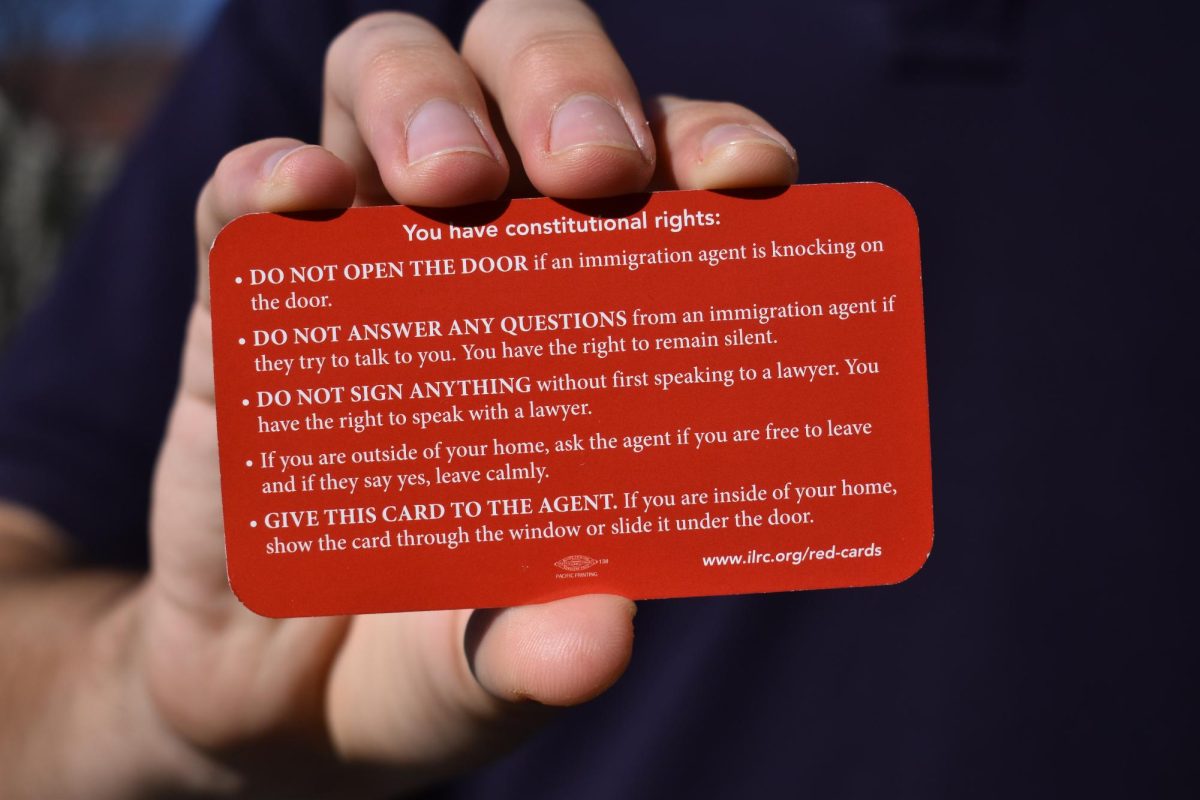
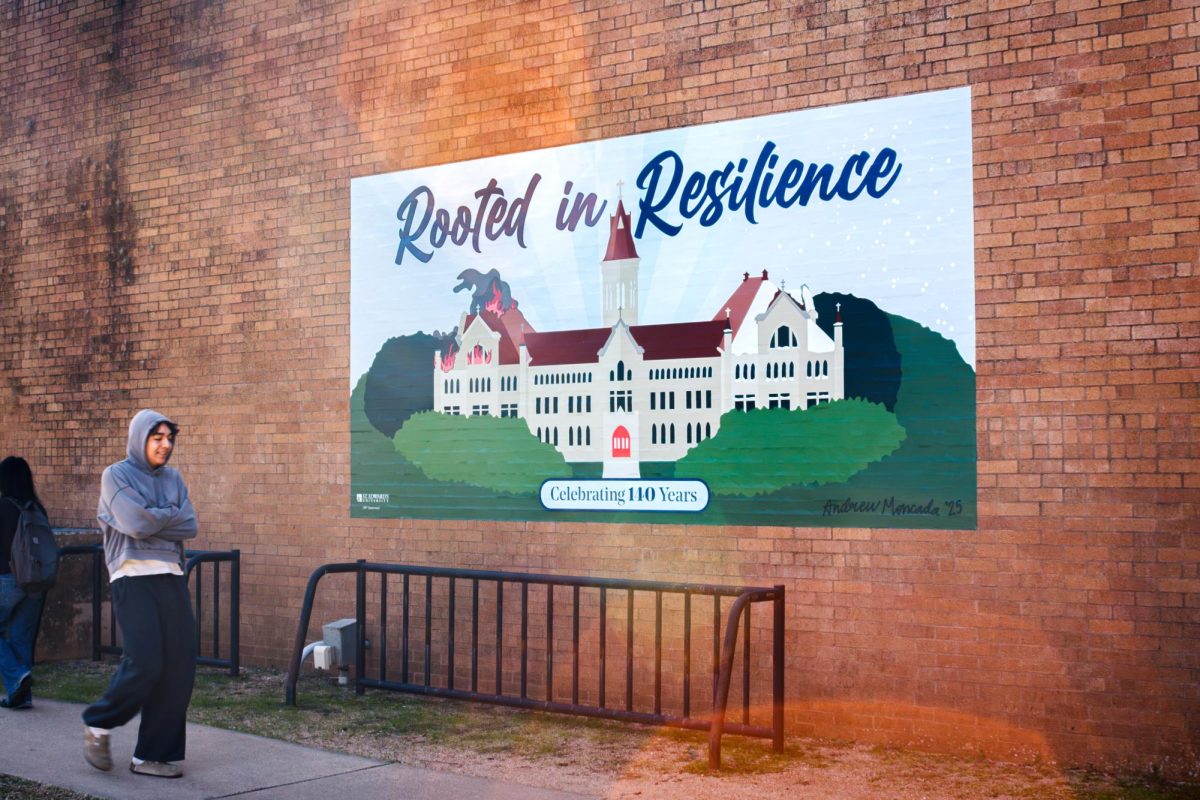

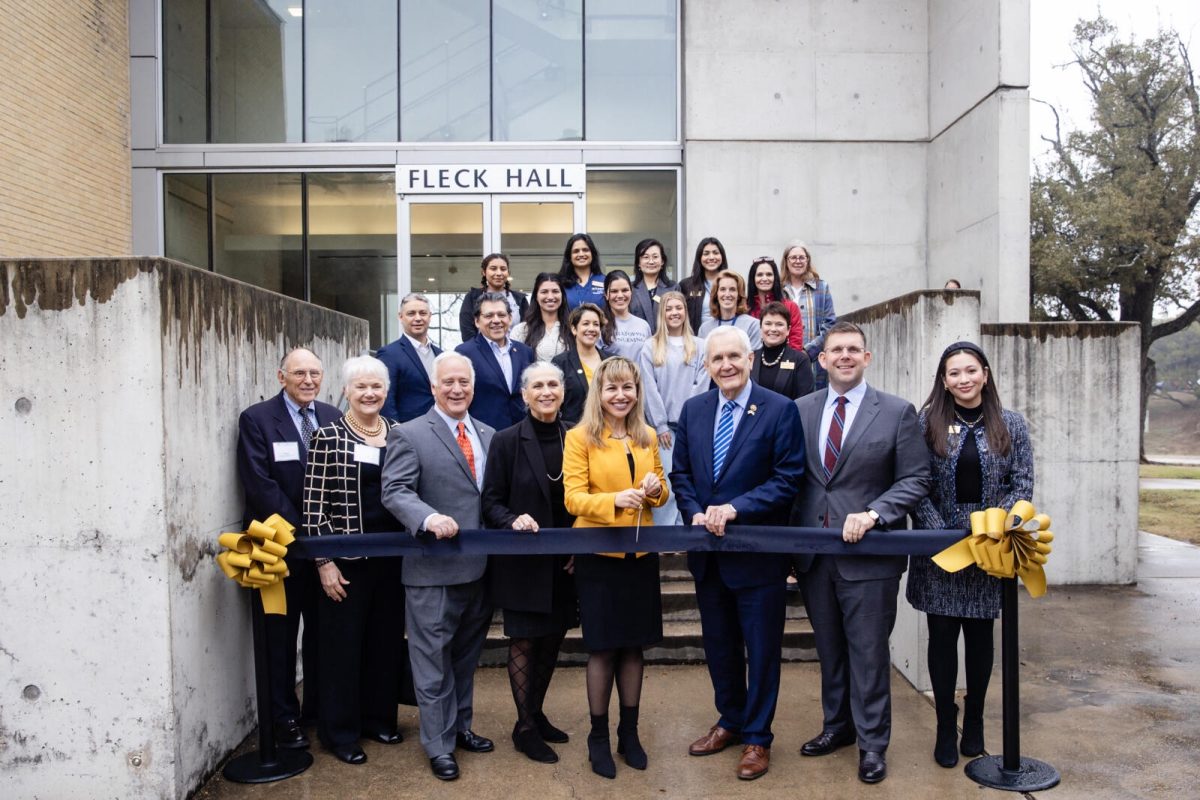


Raymond Cripps • Oct 9, 2024 at 1:24 pm
Try not being a criminal and you wouldnt have gone to prison.
Jones • Oct 8, 2024 at 7:58 am
This is a horrible situation, my friends Son is going through this same situation in Texas Prisons around the Hunt-Dallas-Ft Worth area….No one deserves to be treated inhumane…you do not want them back in prison then teach them how to exist and go on with a productive life after they served their time!
Elsa • Oct 8, 2024 at 1:14 am
I think this is a really beautiful piece. Thank you for bringing attention to this.